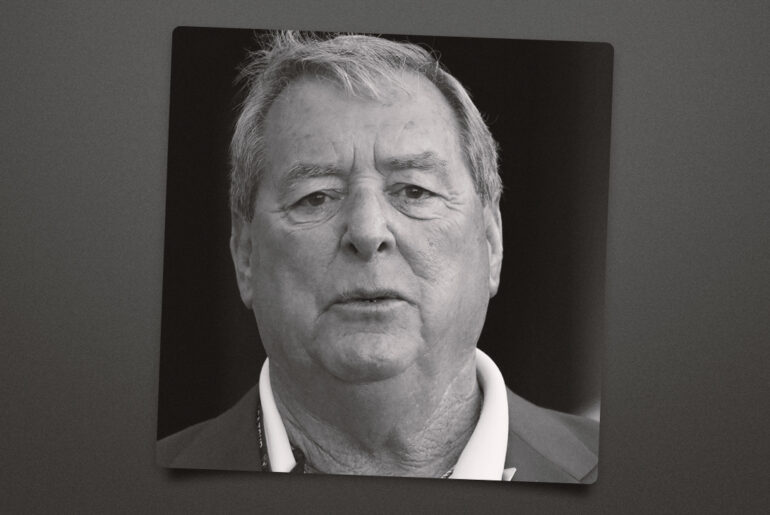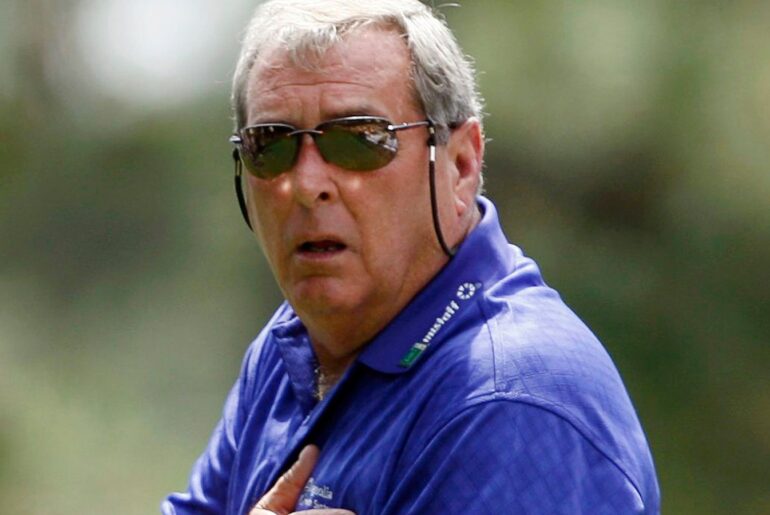There’s something fascinating about watching greatness reinvent itself. It’s one thing to reach the summit, but quite another to risk it all in pursuit of staying there.
That’s what Tiger Woods did when he rebuilt his golf swing — multiple times — while still sitting on top of the world. In 1997, Woods won the Masters by a record 12 strokes with a score of 18-under-par, as he dominated Augusta National with his driver, hitting the ball 20 to 30 metres further off the tee than the rest of the field.
Tiger’s initial swing changes were about generating more speed and power, while the later ones — following knee and back problems — were about longevity and adaptability. Each rebuild sought to iron out inefficiencies, reduce strain on his body, and keep him ahead of the chasing pack.
Woods went on to win 14 more Majors, dominating the 2000s, which included the “Tiger Slam”, when he held all four majors at the same time.
On the other side of the world, that’s what the Springboks are doing now with their ever-evolving style of play under Rassie Erasmus.
After back-to-back Rugby World Cup crowns, the Boks could easily have doubled down on what they already knew worked: brutal physicality, suffocating defence, and tactical kicking. But, like Woods in his prime, they’ve chosen the harder route — one that demands patience, pain, and an unrelenting belief that long-term improvement outweighs short-term comfort.
The Springboks’ evolution follows the same philosophy as Woods’.
The 2019 team bullied opponents through set-piece dominance and defensive suffocation. The 2023 side added tactical variety and a sharper counter-attack. Now, with a combination of fresh young players and seasoned veterans, the emphasis is on flexibility, tempo, and hurting teams with ball in hand.
Like Tiger’s reworked swing, this shift has not been seamless. There have been moments of total implosion so far in 2025 — the loss to the Wallabies at Ellis Park and the poor start in Auckland against the All Blacks come to mind.
But then there have been incredible moments, showcased by the performances in Wellington and Durban, when they turned on the magic to blow the All Blacks and Argentina away with an all-encompassing game that helped them clinch the back-to-back Rugby Championship titles despite a mixed campaign.
That’s the nature of transition. Just as Woods endured stretches where his new technique hadn’t yet become muscle memory, the Boks have weathered periods when their new attacking structures weren’t quite in sync. But the courage lies in sticking with the process when outcomes temporarily dip.
The real link between Woods and the Springboks, though, lies in mentality. Both operate on the principle that sustained excellence requires evolution. Woods’ genius wasn’t just in his ability to hit shots no one else could, it was in his obsession with refinement.
The Springboks share that obsession. Erasmus and his coaches are constantly probing for marginal gains — new attacking shapes, fitter and more skilful forwards, creative kicking variations, and more versatile player roles, such as a centre who can pack down at flank.
There’s also a shared discipline in how they embrace discomfort. Changing your golf swing at the height of your career invites public scrutiny and self-doubt. Adjusting your team’s playing style when you’re already world champions invites similar criticism.
Yet, both Tiger and the Boks have shown that true mastery isn’t about holding on to what works; it’s about improving what might one day stop working.
Crucially, the Springboks’ evolution hasn’t diluted their identity. Beneath the tactical tweaks, the emotional core remains unchanged: resilience, unity, and an almost spiritual belief in their collective purpose.
That balance between tradition and innovation is what keeps them dangerous. When Erasmus talks about “adapting without losing ourselves”, it’s the sporting equivalent of Tiger preserving his competitive fire while transforming his mechanics.
Watching the Springboks in 2025 feels like watching Woods during one of his great comebacks — every stroke, or in this case, every pass and tackle, part of a bigger experiment in controlled reinvention. The results might not always be perfect, but the intent is unmistakable. They’re building something sustainable, something that will outlast the current cycle of form and personnel.
In the end, both Woods and the Springboks share the same truth: dominance is temporary, but evolution is eternal. The ability to rebuild, refine, and rediscover greatness without losing identity is what separates champions from dynasties.
Right now, South Africa’s rugby dynasty is mid-swing, chasing perfection with the same audacious belief that once made Tiger untouchable. And, when it all comes together, it’s going to be glorious — and possibly result in a fifth Rugby World Cup title.







